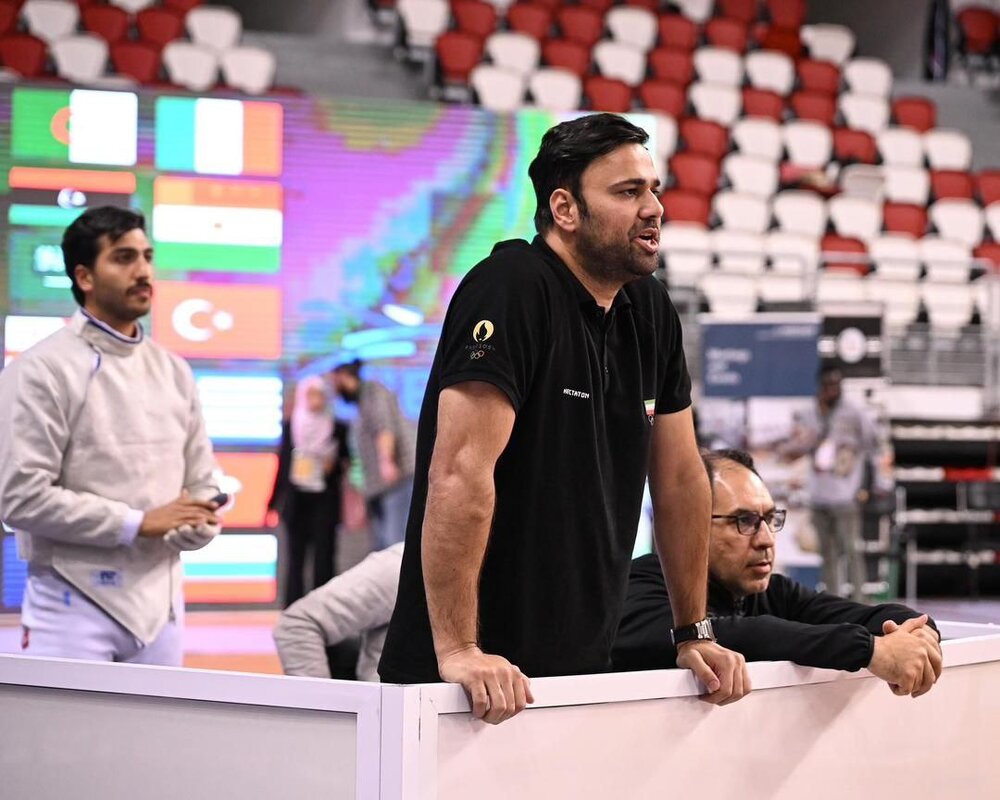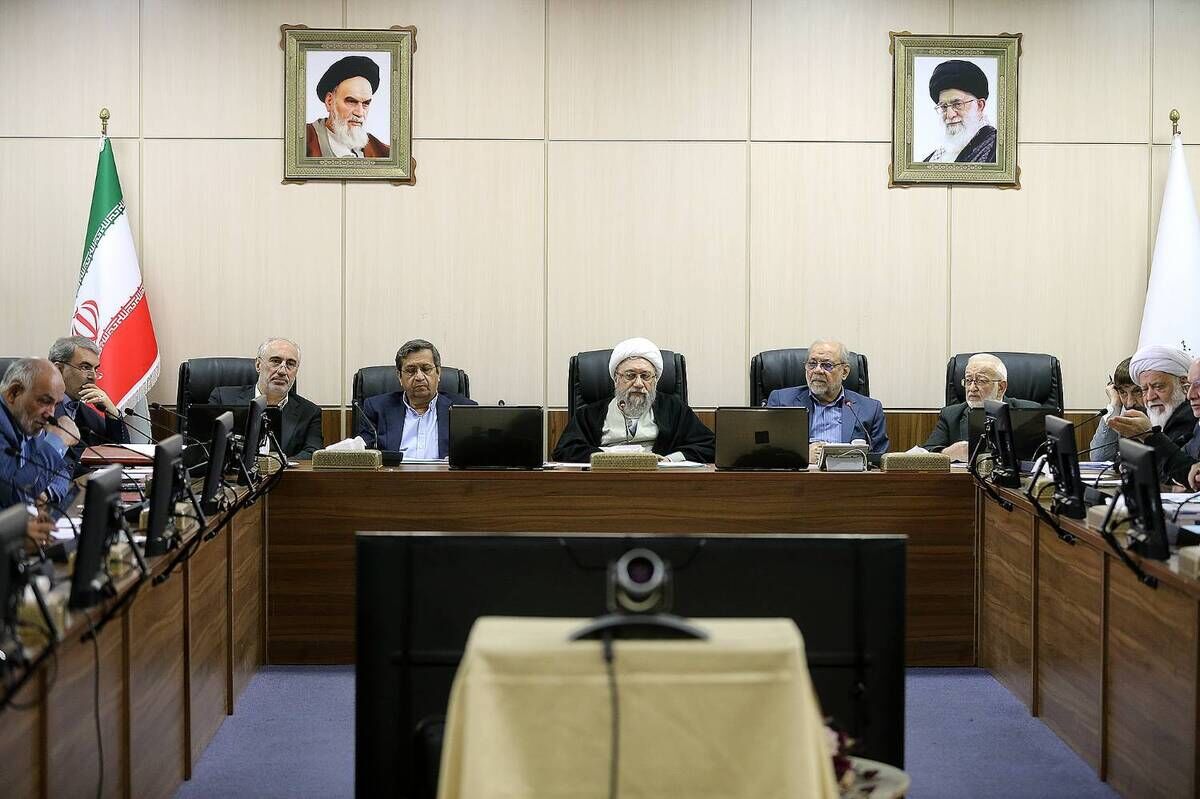Gaza 'scholasticide': We mourn our universities as one mourns an old friend
Gaza 'scholasticide': We mourn our universities as one mourns an old friend

Here I am, answering your call, my university of truth.
Here I am, standing tall with your flag held high.
Here I am, a pioneer on the path of our pride.
Here I am, shining like the full moon in the dark.
Here I am, my university...
This is the anthem of my university, the Islamic University of Gaza (IUG). I once dreamed of chanting it on graduation day, standing on the stage of the Grand Conference Hall.
My classmates and I planned that day in detail: what we would wear, which photographer we would book and the colour of the flower bouquets our families would bring.
These are ordinary dreams for any student in the world, but in Gaza, even the simplest ones become unattainable, or are suddenly ripped away, leaving only fragments of memory.
I still don't know what compelled me to do so, but on that last day of classes before 7 October 2023, I found myself wandering through every corridor of the university. I stayed late that Friday, not returning home until four in the afternoon.
I bought my favourite drink from the cafeteria and roamed the hallways between the buildings, sitting on the back benches shaded by the bright bougainvillaea trees. I felt an unsettling anxiety.
A week earlier, I had dreamt that I was running down the university stairs, fleeing. I saw some of my professors, their shirts stained with blood.
I woke up, startled, before my alarm, staring at the clothes I had laid out for class that day, listening to the hum of cars outside. I took a deep breath, grateful it was only a nightmare, not a real war.
My heart burned as I saw my university engulfed in flames, the dreams I had built there collapsing into ashes
I didn't know that the dream was only a prelude to what was coming, that the unease I felt was a warning I couldn't yet understand.
On that fateful Saturday morning, I woke up startled again, before my alarm. But this time, the nightmare had become reality.
The university issued a notice suspending classes indefinitely. Two days later, on 9 October, several buildings were damaged by Israeli air strikes. On 11 October, Israeli warplanes targeted eight more buildings at IUG's main campus in Gaza City.
I watched the bombing live on television. My heart burned as I saw my university engulfed in flames, the dreams I had built there collapsing into ashes, the laughter and memories scattered across cafeteria tables, benches and empty halls.
What remained was shock: the kind that hits when everything you've struggled for is destroyed in an instant, when reality, under unbearable weight, gives way to disbelief.
Erasing knowledge
It didn't stop there. In December 2023, Israel bombed the Faculty of Medicine, along with other institutions such as Al-Azhar University - Gaza and the University of Palestine, which were completely demolished. Israeli soldiers filmed the destruction in a brazen show of impunity.
Al-Israa University soon met the same fate.
By the end of that winter, all 19 universities in Gaza had been destroyed. Around 80 percent of their buildings were reduced to rubble. Four universities were completely obliterated, and ten others suffered severe or moderate damage.
Follow Middle East Eye's live coverage of Israel's genocide in Gaza
These attacks deprived nearly 88,000 university students of their education.
Last month, UN agencies reported that Israel had destroyed or damaged 95 percent of Gaza's educational facilities, depriving more than 650,000 children of learning for over two years. UN agencies and rights groups have condemned this systematic destruction as "scholasticide" - a deliberate annihilation of education.
In January 2024, Israeli strikes hit the university's branch in Khan Younis in southern Gaza, crushing the last hopes of students for a return to campus. During this period, we were completely cut off from our studies. The university's website announced a complete closure.
The losses were incalculable. Across its campuses, IUG was devastated by bombardment that destroyed 200 laboratories and 75 computer labs, burned 200,000 books, and erased 16,000 doctoral dissertations.
Beyond the material destruction, we lost hundreds of scholars and academics - among them the university's president, Dr Sufian Tayeh, Dr Adnan al-Bursh and the beloved professor of English literature, Dr Refaat Alareer.
My friend Shahd, who remained in Gaza City before the ceasefire and the return of displaced people from the south, told me what became of the university after Israeli forces withdrew.
"The library became a place for cooking over open fires," she said. "Books and doctoral dissertations were scattered on the ground, used by the displaced as kindling."
In times of hunger and war, knowledge itself loses its value. Books and dissertations, once symbols of Gaza's intellect and promise, became fuel for survival.
Nearly a year after the war began, the university tried to fulfil its duty towards its students.
It announced the resumption of online education despite countless challenges: continuous displacement, severed internet connections, and the fact that most students and academic staff had lost their homes, with many martyred.
For us, final-year students, this return was a glimmer of hope amid the devastation. It freed us, to some extent, from the unknown and salvaged what remained of our humanity, which had been stolen by hunger and fear.
Yet, everything was different. Even our class group chat had changed. Most student questions were no longer about coursework but about where to find a stable internet connection, or the cost of tents, rent and basic supplies.
Grieving an old friend
We studied online, determined to keep our education alive, even as Gaza was being decimated. The few remaining buildings - including the Faculty of Arts, where I once attended my lectures - became shelters for the displaced.
As the war dragged on, the bombings grew more random and deadly, targeting the last standing buildings and towers in Gaza City. On 14 September, Israeli occupation forces committed a horrific massacre. The university was struck by 11 heavy air strikes in three waves.
An eyewitness said: "The occupation bombed the Faculty of Arts building twice in a row. The displaced thought the evacuation order had ended and returned to retrieve their belongings. Then the occupation bombed the building a third time as people were re-entering, and no one could go in to rescue them."
The headline read: "Missing and wounded after an air strike on the Islamic University in Gaza." Just another fleeting update on the daily news ticker - part of the endless tally of death and destruction, with no real action to end this disregard for Palestinian life.
Even under the so-called ceasefire, my cherished university is in ruins. Its broken labs, charred books and empty classrooms stand as silent witnesses to what has been lost and what may never be rebuilt.
From the first strike to this fragile pause, we have mourned our university as one mourns a loved one. A basic right was stripped from us in plain sight of the world. Our memories will never return; they are forever stained with blood.
Today, IUG stands as a monument to Israel's genocide in Gaza - an unrelenting campaign that has targeted not only lives, but the very foundations of Palestinian culture and learning, seeking to extinguish our future long after the last bomb has fallen.
The views expressed in this article belong to the author and do not necessarily reflect the editorial policy of Middle East Eye.












